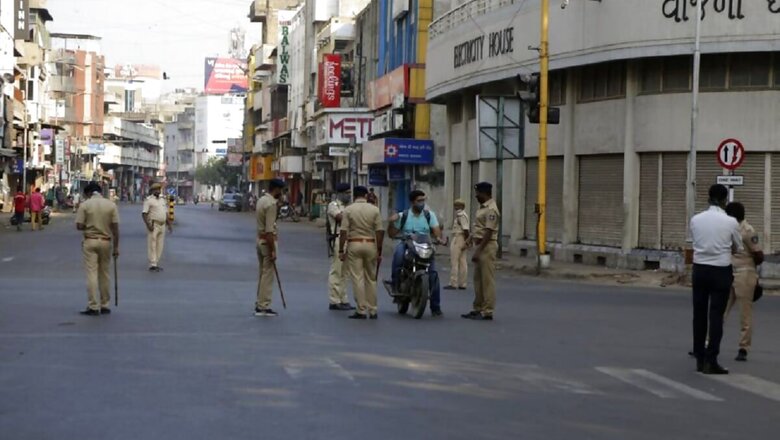
views
A week since the festive season ended, a trend of rising Covid-19 cases has been seen in Rajasthan, Gujarat, Madhya Pradesh, Uttar Pradesh, Punjab and Himachal Pradesh. The Centre also deputed special teams to Uttar Pradesh, Punjab and Himachal Pradesh to assist them.
Amid the surge in cases, three states – Gujarat, Madhya Pradesh and Rajasthan – ordered fresh restrictions in the form of night curfews, which had been stopped since June.
The night curfews, in place from 10 pm to 6 am, were ordered in the cities of Ahmedabad, Surat, Rajkot, Vadodara, Bhopal, Indore, Gwalior, Jaipur, Jodhpur, Kota, Bikaner, Udaipur, Ajmer, Alwar and Bhilwara. In Rajasthan, the government also ordered that markets, commercial establishments, shopping malls and restaurants will be closed by 7pm.
All these cities across the three neighbouring states have seen a spike following the end of Diwali festivities. In Jaipur, for instance, fresh cases have risen from less than 400 new ones per day to over 600.
Meanwhile, the fresh round of localised and limited restrictions have raised questions on the effectiveness of these measures.
Since May end, the Centre had introduced unlock measures to bring economic activity back on track and has largely left it to states to order specific restrictions within its boundaries.
Experts said that any new restriction have to be seen in the context of two factors; a dip in testing prior to and during Diwali and the inappropriate behaviour among people. Any fresh and localised restrictions would only be effective if they are accompanied by messaging on prevention action, experts said.
“The recent surge in cases seem to be due to an increase in testing, which followed a dip in testing, more social activity and congregations. As far as the night curfews are concerned, I am not sure what effect they might have,” said DCS Reddy, former professor and head of community medicine, IMS-BHU and member of a government expert group on Covid-19 surveillance.
Official data shows that in Surat, Vadodara, Jaipur and Bhopal, testing did indeed see a dip prior to and during the Diwali period. In days leading up to Diwali, there were 4,000-6,000 tests, which dipped to below 3,000 tests from November 15-17. As on Sunday, 8,537 tests were done in Jaipur. In Surat, the authorities were doing up to 11,000 tests before Diwali which had dipped to 8,000 tests during the festival. Now, the testing is back in the range of 11,000 – 12,000 per day.
Reddy added, “They may restrict a limited number of people. However, the busiest activities are over by the time the curfew kicks in, so I am not sure who will be protected?.”
“These restrictions will be effective if the testing continues to be high and if the message of preventive actions are reinforced in the community. The focus should be on changing behaviours,” he added.
Dr Tanmay Mahapatra, epidemiologist and a medical doctor, who works as a team lead for CARE India in Bihar said echoed the reservations of Mr.Reddy. Covid-19 appropriate behaviour in communities appeared to be on the wane and unless the perception of things being normal do not change, restrictions would have little meaning, Mahapatra said.
“These new restrictions may be of limited utility in bringing back the sense that things are not normal, especially to those who visit crowded areas and bring the infection into their homes, exposing the most vulnerable members of the family. However, they won’t work if Covid-19 appropriate behaviour is thrown in the bin. People got to be made aware constantly,” said Mahapatra.
Read all the Latest News, Breaking News and Coronavirus News here













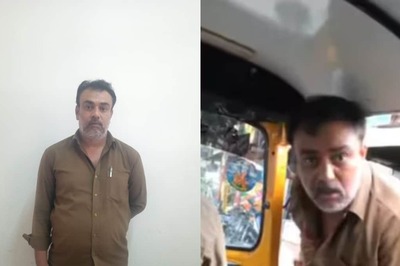
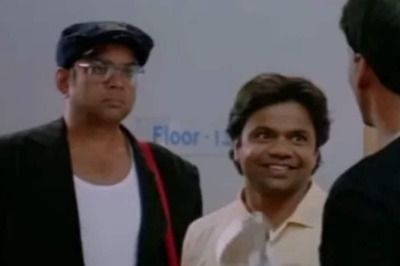
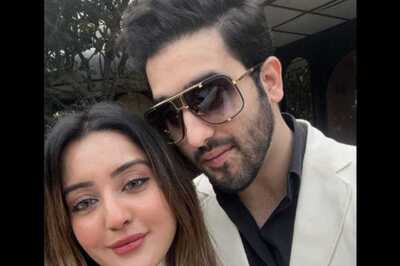

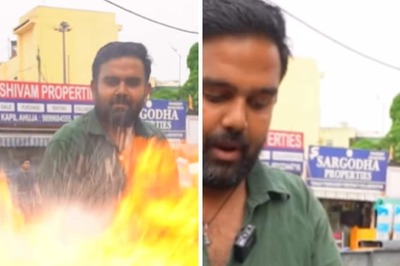


Comments
0 comment